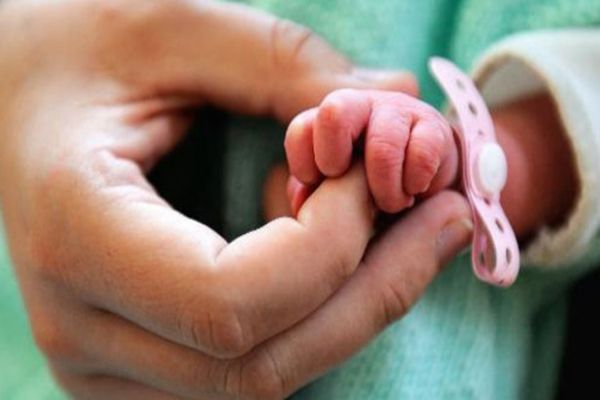By Anthonia Obokoh, Lagos
A recent assessment of the 2021 Multiple Indicator Cluster Survey (MICS-6), conducted by the National Bureau of Statistics (NBS) and supported by the United Nations Children’s Fund (UNICEF) for the Southwest states, has rated Etiki, Ogun and Oyo high in neonatal, infant and under-5 death in child mortality.
UNICEF stated this at a two-day media dialogue organised by the National Orientation Agency (NOA), Lagos state Directorate, in conjunction with the Fund in Ibadan on Thursday.
The dialogue was tagged: “2021 Multiple Indicator Cluster Survey (MICS-6) for Journalists in South-West Zone.”
Experts advised Ekiti, Ogun and Oyo state governments to adopt necessary strategies and strengthen their health systems towards reducing the high rate of child mortality.
Speaking on the overview of the report, Oluwasola Olanipekun, UNICEF M4R Specialist said the MICS-6 under South-west states assessment covered Oyo, Osun, Ondo, Ogun, Lagos and Etiki states, adding that three or four children out of 10 die within one month of delivery in these states.
“In the South-west, infant mortality out of 63 per 1000 live birth, Lagos has 15, Osun recorded 17 and Ondo recorded 31 while Oyo recorded 40, Ogun recorded 68 and Etiki recorded 67 which records high.
“For Neonatal birth, out of 34 per 1000 birth, Lagos recorded 11, Osun recorded 12, Ondo recorded 18, Oyo recorded 31, Ogun recorded 56 and Etiki recorded 53.
“Also Under -5 mortality, out of 102 per 1000 death, Lagos recorded better with 15, Osun recorded 17, Ondo recorded 31, Oyo recorded 40, Etiki recorded 67 and Ogun recorded 68,” he said.
Speaking about the MICS-6 implications across the South-west region, Olanipekun affirmed that 21 per cent of children in the region were delivered outside health facilities, which contributed to child mortality.
Ijeoma Agbo, Health Specialist, UNICEF said, “Though governments of these states have introduced various meaningful health programmes, much more still needed to be done to save the lives of newborn babies and there is a need for affected states to adopt the national recommendations of one primary healthcare facility per ward and make them functional.”
Agbo tasked governments of affected states to adopt all necessary strategies to strengthen their health system towards reducing the high rate of infant and child mortality.
She however called for improved awareness for expectant mothers to patronise health care facilities rather than unskilled deliveries which is a major factor responsible for the high mortality rate.
“Though Lagos state has the lowest rate of child mortality, there is a need for more improvement, considering the high population,” she urged.
Speaking on the impact of the workshop, Blessing Ejiofor, Communication Officer, UNICEF said the objective of the workshop is to share with the media the result of the most recent survey, which would assist them to report and analyse the situation of children and women in South-West Nigeria in informed and accurate way on child rights issues to convince the public and trigger actions to bridge existing gaps.
“We expect the journalists to work on data-driven stories and reports that highlight challenges faced by, and other opportunities available to children in Nigeria,” she added.


